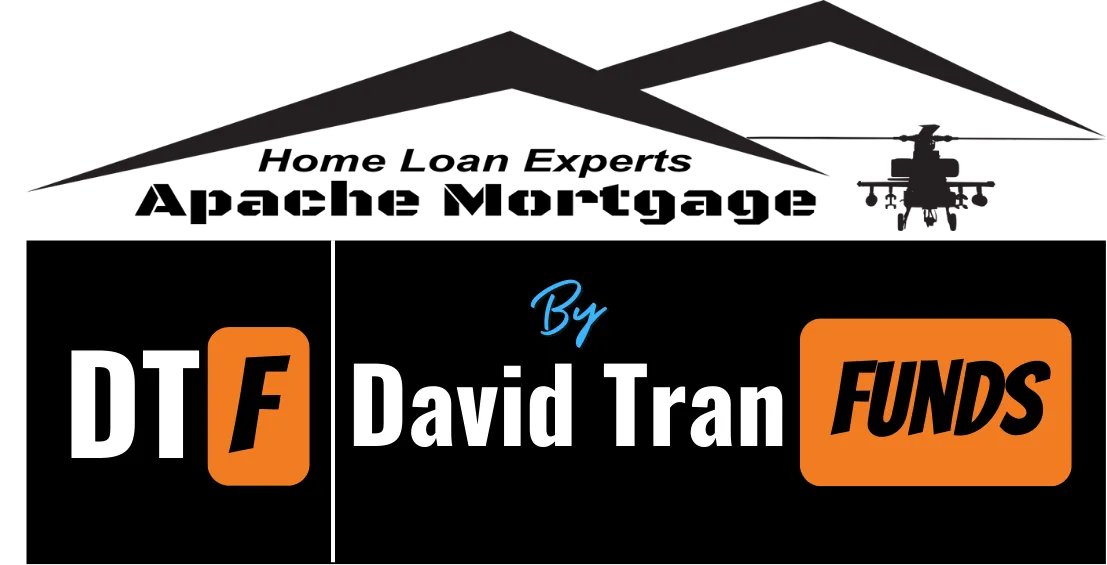Understand Your Credit
Improved Credit Scores Get Better Rates!
Mastering Your Credit Scores: A Key to Financial Empowerment
Understanding your credit score is essential for financial success. It affects loan eligibility, credit card approvals, and interest rates, and is influenced by payment history, credit utilization, and more. This quick guide covers the basic essentials of credit scores, including how your actions impact them and strategies for improvement, empowering you to make better financial decisions, whether for mortgages, major purchases, or overall financial health.
Step-by-step guide to enhance your credit score:
1. Review Your Credit Reports:
Obtain your credit reports from the three major credit bureaus: Equifax, Experian, and TransUnion. You're entitled to one free report from each bureau every year through AnnualCreditReport.com.
Carefully review your reports for errors or inaccuracies. Common errors include incorrect personal information, mistaken or fraudulent accounts, and inaccurate account statuses.
2. Dispute Any Errors:
If you find errors, dispute them immediately with the credit bureau. Provide evidence to support your claim. The bureau is legally required to investigate and correct errors within 30 days.
3. Pay Bills on Time:
Your payment history is the most significant factor affecting your credit score. Consistently paying bills on time can positively impact your score.
Set up reminders or automatic payments to ensure you never miss a due date.
4. Reduce Credit Card Balances:
High credit utilization (the ratio of your credit card balances to their limits) can hurt your score. Aim to keep your utilization below 30%, and ideally lower.
Pay down existing debt rather than moving it around. Consider strategies like the debt snowball or avalanche methods.
5. Avoid Opening New Credit Accounts Unnecessarily:
Each time you apply for a new line of credit, a hard inquiry is made, which can lower your score. Only apply for new credit when necessary.
Be cautious about closing old accounts as well, since this can decrease your available credit and increase your utilization ratio.
6. Maintain a Mix of Credit Types:
Having a variety of credit types (e.g., credit cards, auto loans, student loans) can positively affect your score, but only open new accounts as needed.
7. Monitor Your Credit Regularly:
Regularly monitoring your credit can help you understand the impact of your financial actions and catch any potential identity theft early.
Many credit card companies and financial websites offer free credit score monitoring and reports.
8. Limit New Credit Applications:
Only apply for new credit when absolutely necessary, as multiple credit inquiries in a short period can negatively impact your score.
9. Seek Professional Advice if Needed:
If you're struggling with debt or need guidance, consider consulting a credit counselor. They can provide personalized advice and help you create a debt management plan.
10. Be Patient and Consistent:
Improving your credit score is a gradual process. It requires consistent financial behavior over time. Avoid quick-fix attempts, as they're likely to backfire.
Are you all set and ready to go?
Some times we play where the ball lies. If you're all set and ready, start and application! Don't forget to gather the required documents while applying.

Remember, improving your credit score is about responsible financial management. It's not just about enhancing a number but building a solid financial foundation for your future.
Need a little guidance?
Contact us for a free strategy call
Home Wealth Check
Track your home wealth. Save more money. Build wealth faster.
Copyright 2025 . All rights reserved

Equal Housing Opportunity © 2025 Apache Mortgage Inc, 1082 N Anaheim Blvd Unit 1, Anaheim, CA 92801, 949-298-2980. NMLS ID # 2454357 DRE # 02209550 & 02031005. For licensing information go to www.nmlsconsumeraccess.org. Trade/service marks are the property of Apache Mortgage Inc and/or its subsidiaries or affiliates. Information is intended solely for mortgage bankers, mortgage brokers, and financial institutions. For more information, review Apache Mortgage Inc's state licenses and important notices. Co-op loans not available. Some products may not be available in all states. Information, rates and pricing are subject to change without prior notice at the sole discretion of Apache Mortgage Inc, Mortgage Broker. All loan programs are subject to borrowers meeting appropriate underwriting conditions. This is not a commitment to lend. Other restrictions apply. [05-2024]
Privacy Policy and Reg P.


